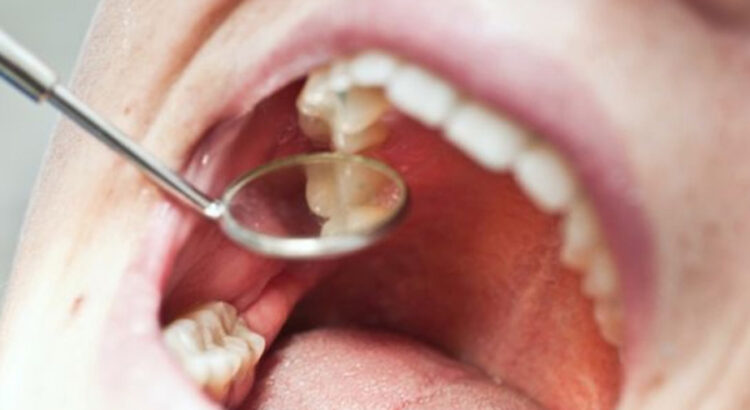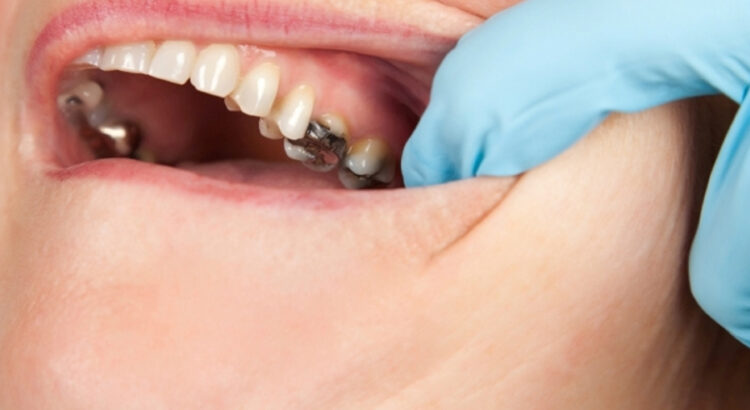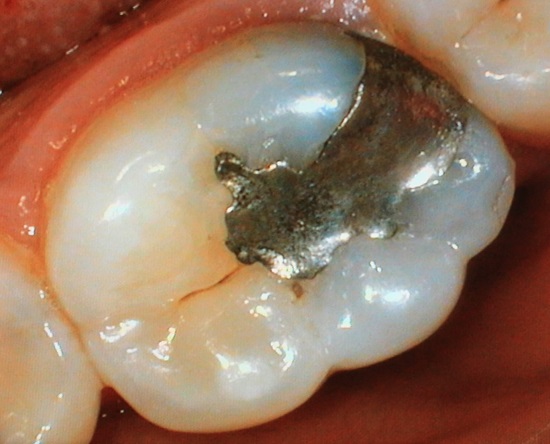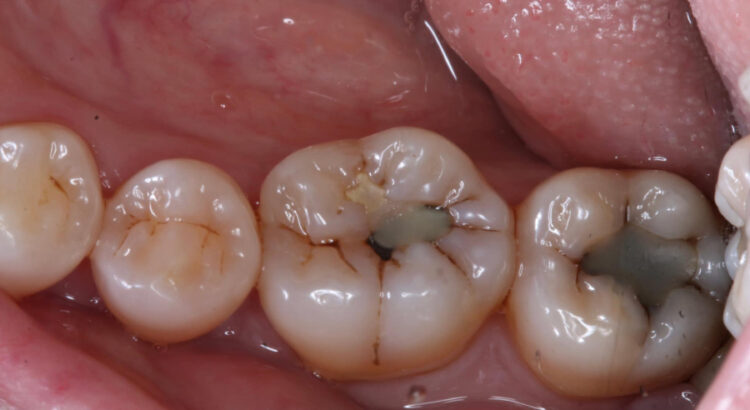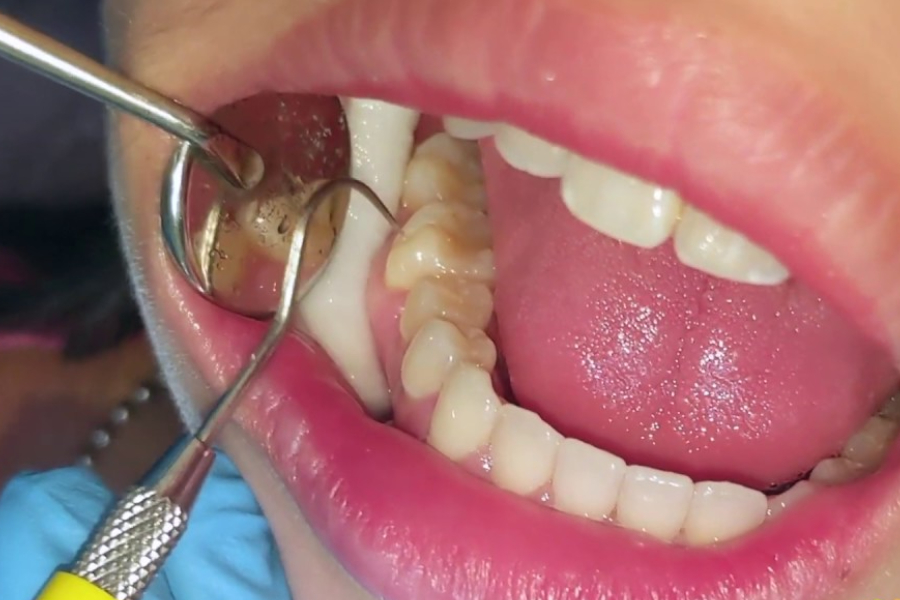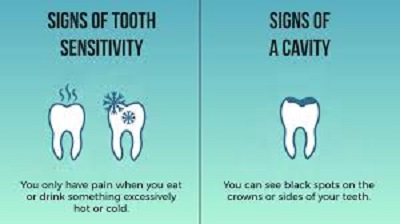Five Natural Remedies To Relieve Toothache In No Time
A visit to your dentist will be your top priority when you experience a toothache, but waiting for your appointment will be terrible. As painful as they may be, toothaches can throw your life out of gear. But don’t worry! Toothaches have solutions, which can be found in your own home. This article offers some proven techniques to relieve your toothache. Take a look at what’s possible.
But before that, know what causes toothache and why it is essential to seek medical attention when in pain.
Also Read : Dental Cavity – How to Know if You Have One?
What Causes Toothache?
A variety of factors can cause toothache. It can result from a tooth fracture, a dental cavity, an abscessed tooth, damaged dental fillings, or an infected gum. If left untreated, these conditions can result in complications such as tooth loss or loss of the bones supporting your teeth. In some cases, infections can spread to other parts of the body, resulting in hospitalization. Therefore, if your toothache is accompanied by symptoms like fever, swollen or red gums, throbbing pain, swelling of the face or jaw, or blood or pus, you should seek treatment as soon as possible.
Until you reach the dentists, alleviate your pain with these quick tips.
- Brush your teeth with warm water and keep your mouth clean
- Apply an anti-inflammatory over the affected area. But avoid topical medications directly over gums or teeth.
- Apply clove oil if available at home
- Avoid intake of hot or cold foods/drinks
- Do not eat sugary or acidic food
Also Read : How to Identify Whether You Have a Tooth Cavity?
You can ask for OTC pain relief over the phone if your dental appointments are delayed. Make sure you mention your medications when requesting medicines over the phone. You can also relieve your pain by using simple home remedies. Here are five easy home remedies you should try.

5 Home Remedies To Alleviate Toothache
A simple saltwater rinse
Saltwater acts as a natural disinfectant. It is quite effective at loosening debris or food stuck between teeth. In addition to this, rinsing with salt water can minimize inflammation and heal any oral injuries. A half teaspoon of salt and a glass of warm water are the only ingredients you need to mix and rinse your mouth thoroughly.
Cold compress
The best way to relieve toothache resulting from trauma is to use a cold compress. Wrap a towel with ice and hold it on the affected area for about 20 minutes. Repeat the process every few hours. Cold compresses can reduce the severity of pain in the area by constricting the blood vessels. It can also reduce swelling and inflammation.
Garlic
In addition to being an excellent antibacterial agent, garlic is also an excellent pain reliever. Crush a garlic clove into a paste and apply it over the damaged area. Adding salt to the paste will also help.
Clove
Clove reduces inflammation and numbness. Mix 15 drops of clove oil with one ounce of carrier oil such as Jojoba or sunflower oil. Use a cotton ball to apply the mixture over the affected area a few times a day.
Guava leaves
Guava leaves have anti-inflammatory and anti-microbial properties that effectively heal oral wounds. Chew a fresh guava leaf or add crushed leaves to boiling water for mouthwash.
Wrapping up:
Homemade pain relievers are a good way to alleviate pain. Even if the pain subsides temporarily, you should still see your dentist. You have a chance of re-developing the pain if you don’t treat it. Read More.Visit our posts on dental filling and tooth decay for more information.
